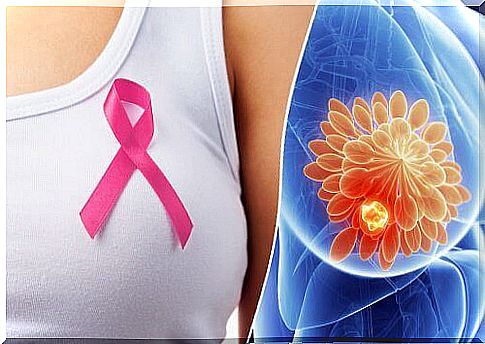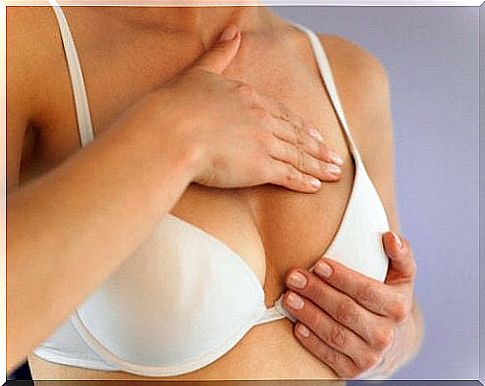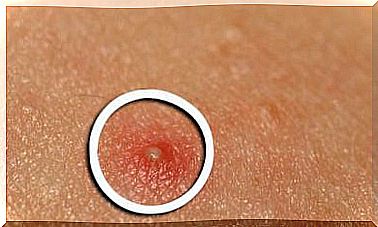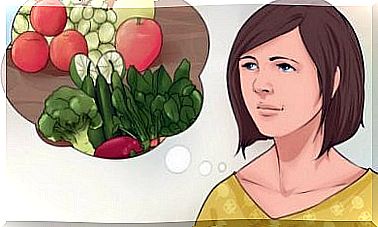10 Signs That Could Indicate Breast Cancer

Most people ignore certain signals the body sends to let you know that something may not be right.
It’s true that we don’t always have to worry about some symptoms.
But we can’t just ignore them either, since it’s not known when they’re announcing a serious health problem.
In the case of breast cancer, experts insist that detecting it in time is the most effective measure to deter its impact and increase life expectancy .
However, its initial symptoms are often ignored. In most cases, the disease is only detected when it is at a more advanced stage.
Therefore, knowing the first signs of breast cancer is a preventive measure to be ready to detect the disease in time.
So, in this article, we’ll share 10 early signs that might indicate your presence.
Early symptoms of breast cancer
1. Unexplained weight loss
For every woman, it may seem like a miracle to lose weight suddenly and inexplicably, because in the end, most of us are on a constant quest to lose weight and maintain a healthy weight.
However, rather than rejoicing, this symptom can be a cause for concern, as the sudden loss of 10 pounds or more is one of the first signs of breast cancer.
2. Tiredness

Feeling tired after a day at work or going through a tense situation is very common.
The risk starts to exist when tiredness turns into something chronic and does not disappear despite dedicating adequate time to rest.
3. Bleeding or abnormal bleeding
Any type of bleeding or bleeding at unexpected times can be a warning sign, whether it’s cancer or another illness.
In general, people who have this disease experience light bleeding from the nipple.
4. Nodules
Most nodules are usually benign, but you should still be careful.
For years we have been warned that breast lumps can be a sign of cancer.
However, their appearance does not always indicate breast cancer, as they can also arise due to infections or cysts.
5. Change in the skin

The skin covering the breast can also undergo some changes that alert us to the possible presence of cancer.
Among the signs to consider are:
- Redness
- wounds
- color changes
- Cellulite or the “orange peel” appearance
6. Nipple sinking
When examining the breasts, it is very important to carefully observe the nipples to see if they are normal and have no changes.
In this sense, the retraction or sinking of the nipples is an almost obvious symptom of breast cancer.
7. Breast pain
In the first stages, it is uncommon to feel pain in the breasts when squeezing or palpating the breasts a little.
However, when the disease starts to progress, it is very common to feel tenderness and pain in the breasts when touching them.
It is important to remember that we must be careful not to confuse it with the pain that appears due to an infection such as mastitis or that every month due to premenstrual tension.
8. Changes in breast size

The size of the breasts is very important to detect cancer early.
Noticing that one of them is inflamed or a different size is certainly a sign that requires immediate attention.
9. Secretion in the nipple
Sometimes the discharge from the nipple is not a problem and disappears on its own after a few days.
However, in many cases of this disease, this aspect has been reported as one of the symptoms.
Some women diagnosed have manifested a strong-smelling discharge on one or both nipples.
10. Irregularities
Noticing changes in the shape or texture of the breast is another way to detect cancer early.
Contour irregularities, as well as redness or small holes in the skin, are obvious signs of the disease.
What are the risk factors?
Breast cancer mainly affects women. But it can also develop in men.
The main risk factors for this disease include:
- Being a woman over 55 years old
- Having a family history of breast cancer
- Having started the menstrual cycle before age 12
- Having a late or early menopause
- suffer from obesity
- not having had children









